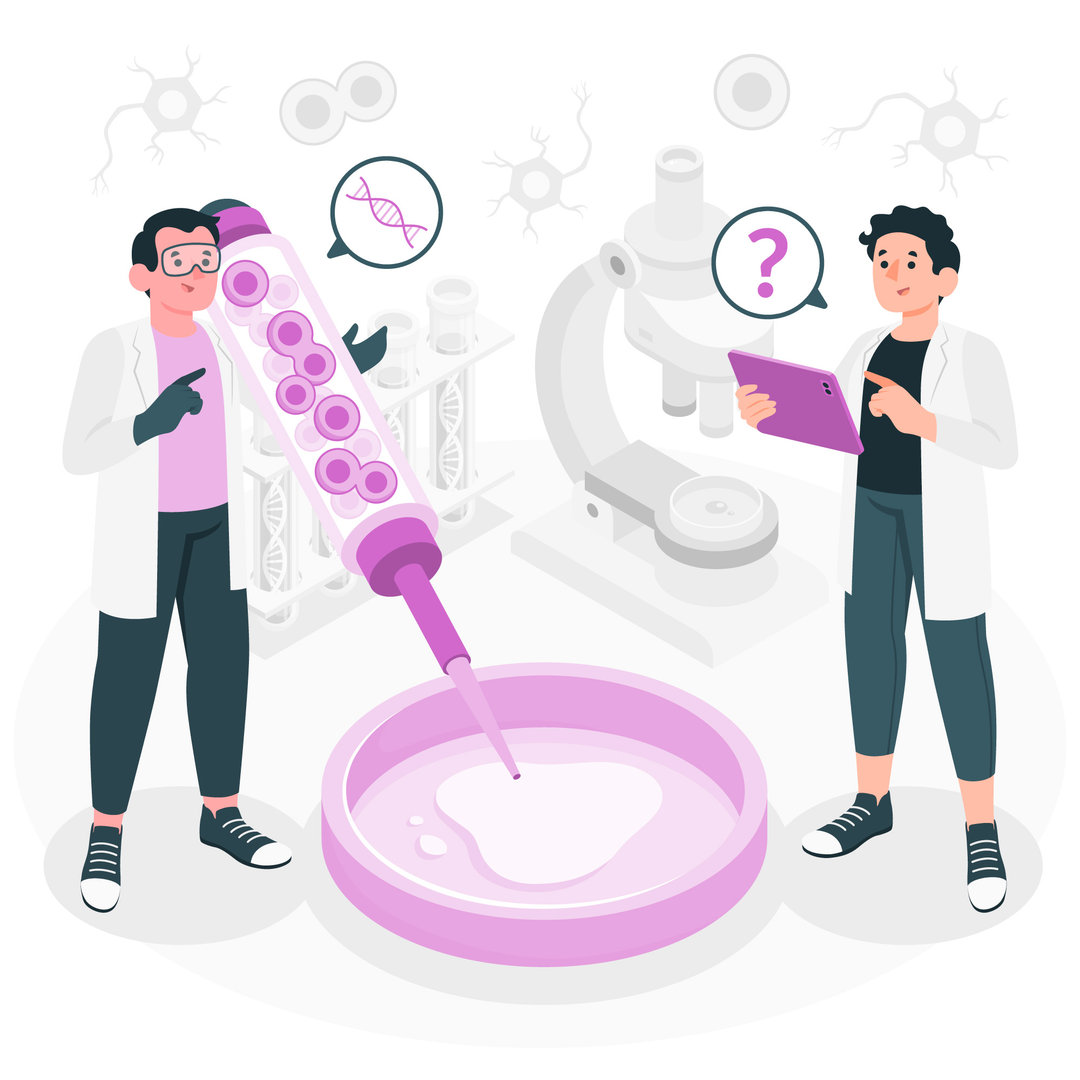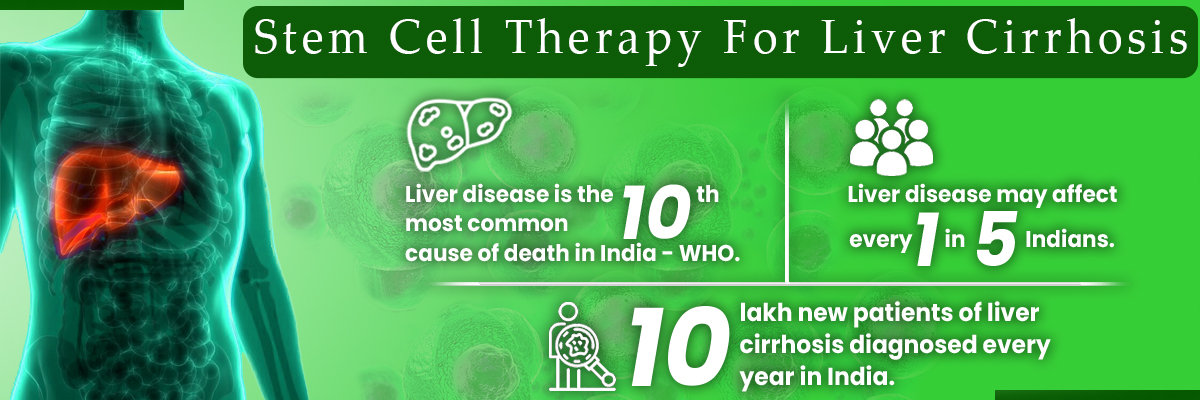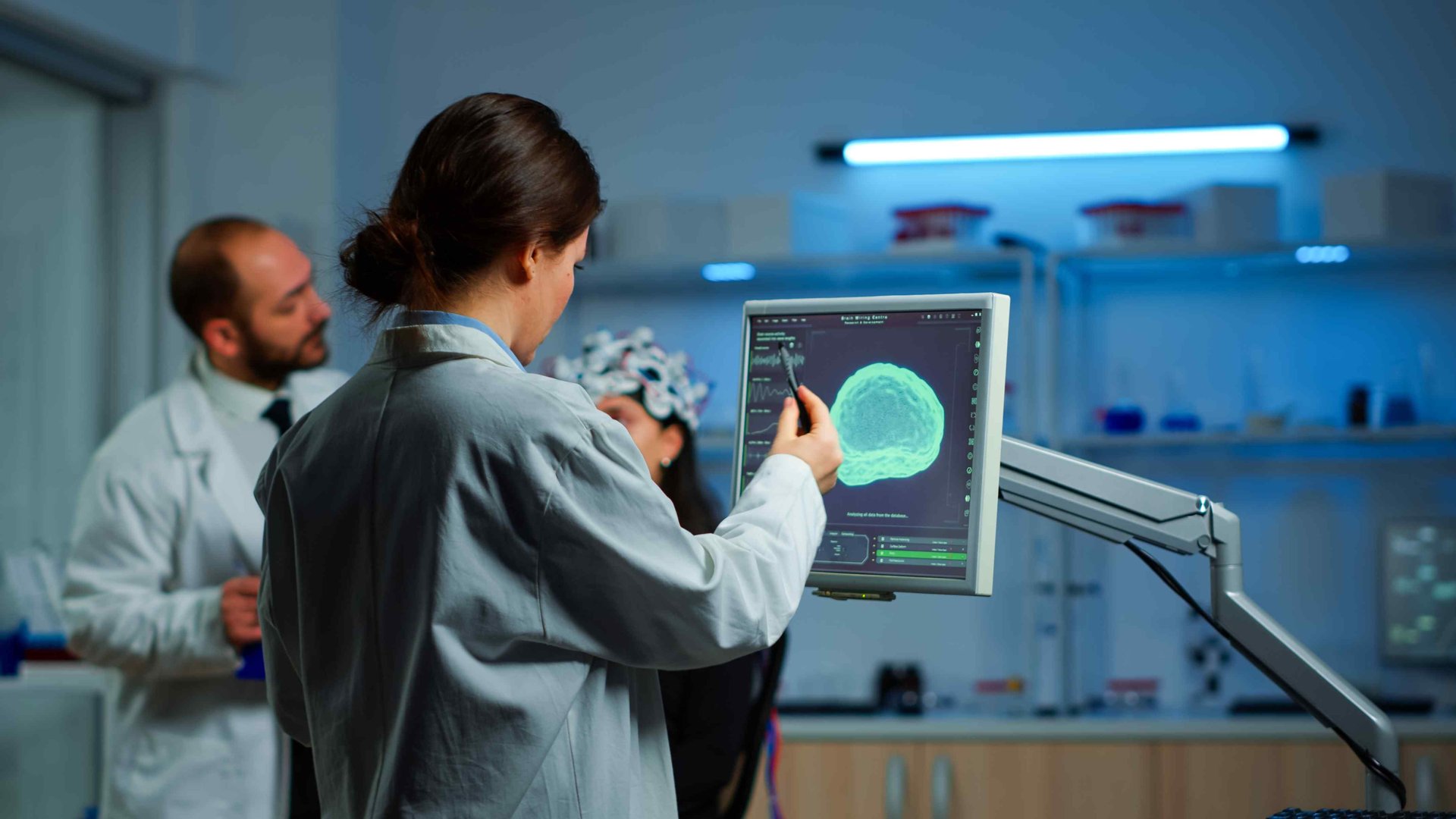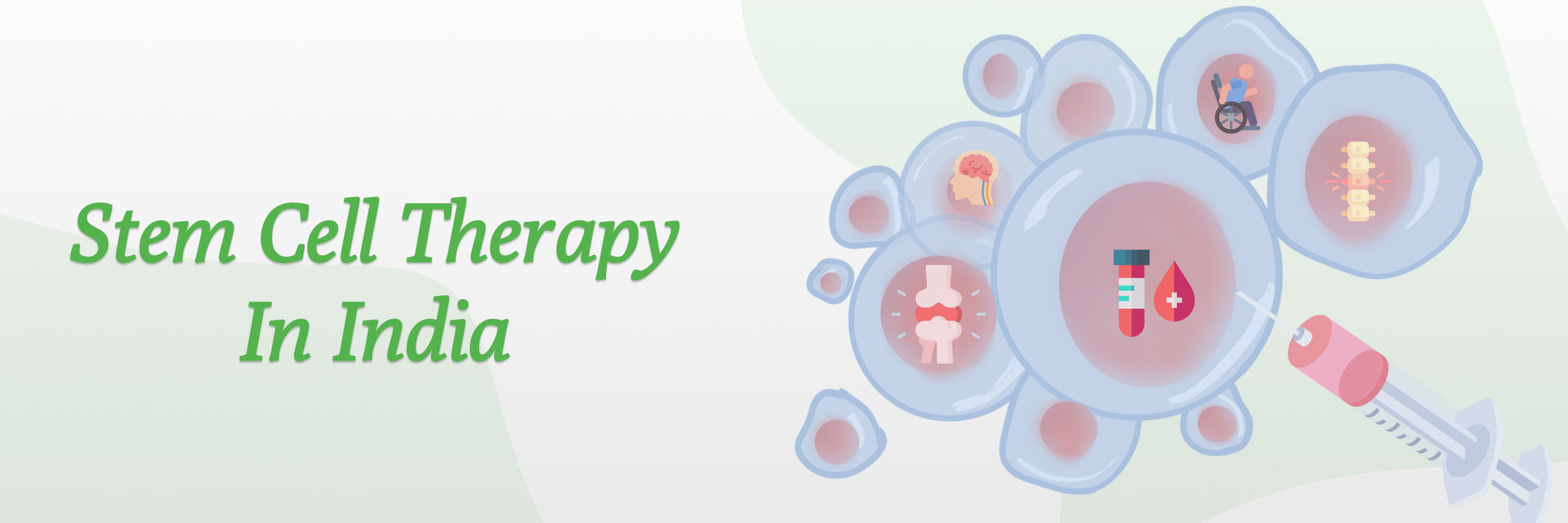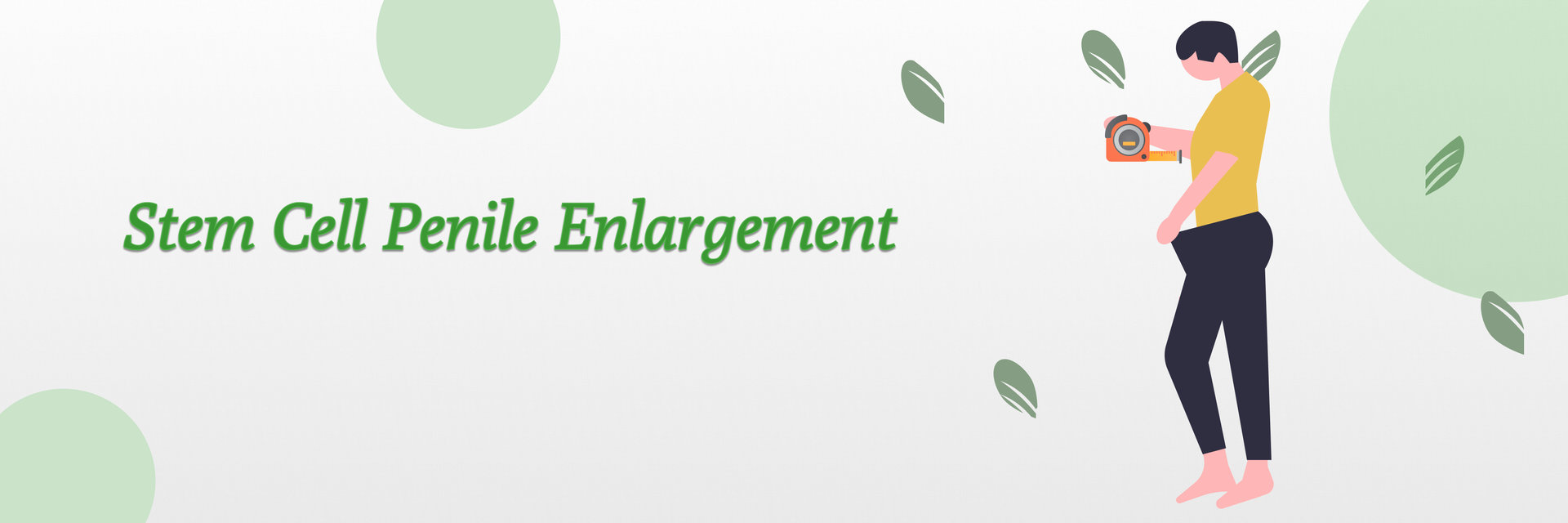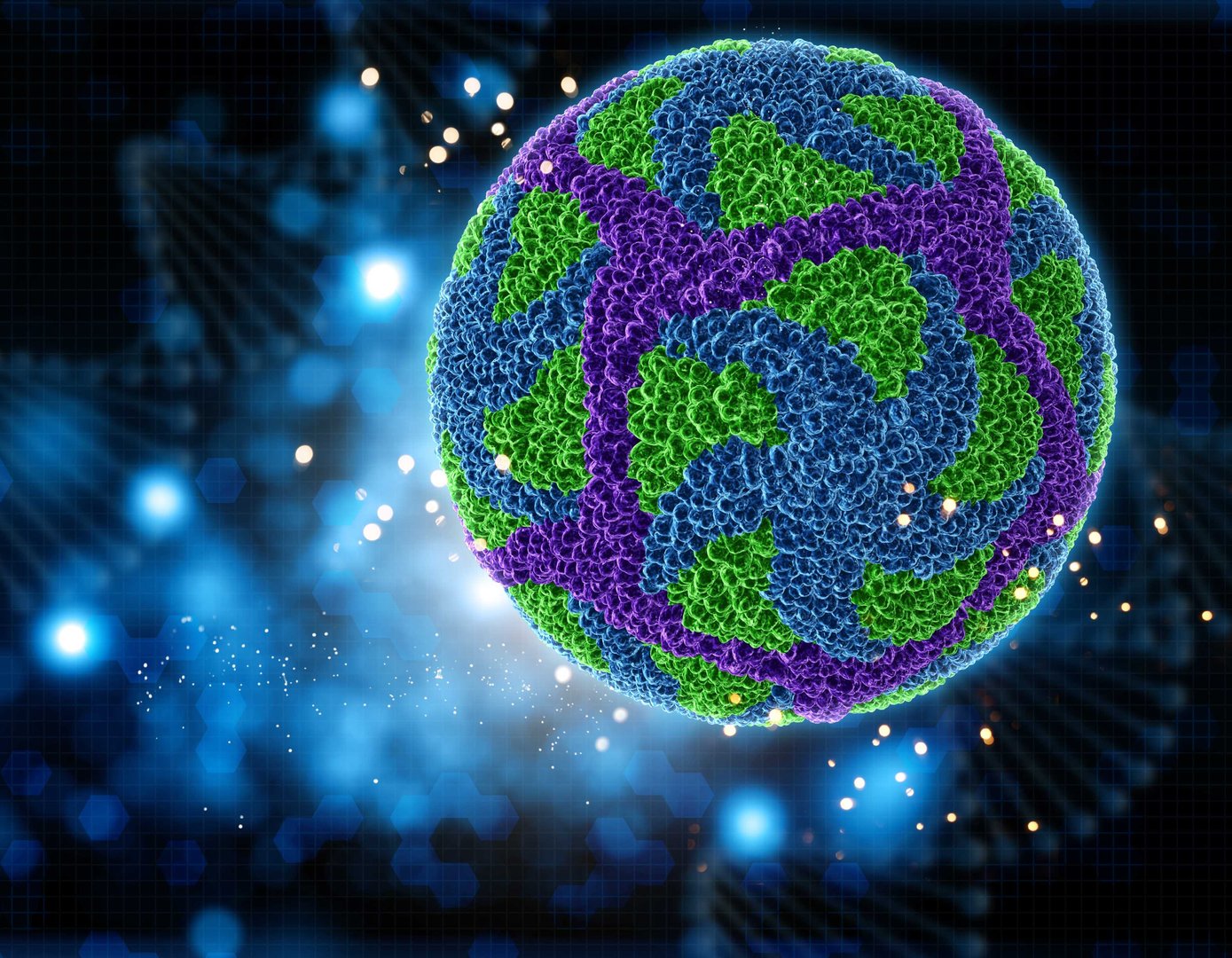Overview:
Did You Know? Over 850 million people globally suffer from Chronic Kidney Disease (CKD), with millions more at risk due to rising cases of diabetes, high blood pressure, and poor lifestyle habits. Traditional treatments like dialysis and kidney transplants help manage the disease but often fall short of restoring kidney function.
Enter stem cell therapy—a groundbreaking approach in regenerative medicine that is changing the landscape of kidney disease treatment by targeting the root cause and promoting kidney regeneration.
Dr. Pradeep Mahajan, founder of StemRx Bioscience Solutions, is at the forefront of this medical revolution. He believes that stem cell therapy for kidney disease holds the key to significantly improving patient outcomes.
Book your online doctor consultation and discover a new hope for kidney health.
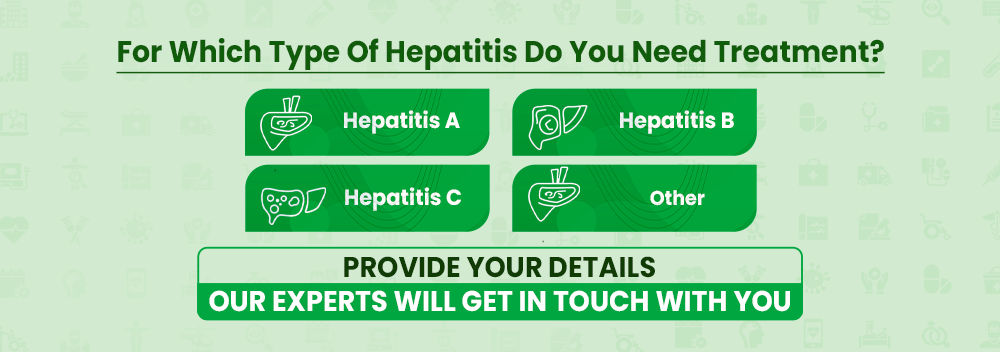
Understanding Chronic Kidney Disease (CKD)
What is CKD?
Chronic Kidney Disease is a progressive condition where the kidneys lose their ability to filter waste from the blood. Left untreated, CKD can advance to end-stage renal disease (ESRD), necessitating dialysis or a kidney transplant for survival.
Common Causes of CKD:
- Diabetes (Diabetic Nephropathy): High blood sugar damages kidney filters over time, leading to chronic kidney disease.
- Hypertension (High Blood Pressure): Constant high pressure strains blood vessels in the kidneys, impairing function.
- Polycystic Kidney Disease (PKD): A genetic disorder causing fluid-filled cysts that enlarge and damage the kidneys.
- Glomerulonephritis: Inflammation of the kidney’s filtering units (glomeruli) that can lead to scarring and loss of function.
- Recurrent Kidney Infections or Stones: Frequent infections or blockages can cause lasting kidney damage and reduced function.
CKD Stages (Based on GFR):
Chronic Kidney Disease (CKD) is classified into five stages based on Glomerular Filtration Rate (GFR), which measures how well the kidneys are filtering blood:
- Stage 1 (GFR ≥ 90 mL/min):
Normal kidney function but with some signs of kidney damage (e.g., protein in urine). - Stage 2 (GFR 60–89 mL/min):
Mild loss of kidney function with ongoing signs of damage. - Stage 3a (GFR 45–59 mL/min):
Mild to moderate loss of kidney function. - Stage 3b (GFR 30–44 mL/min):
Moderate to severe loss of function; symptoms may start to appear. - Stage 4 (GFR 15–29 mL/min):
Severe kidney damage; preparation for possible dialysis or transplant. - Stage 5 (GFR < 15 mL/min):
Kidney failure or end-stage renal disease (ESRD); dialysis or transplant needed.
Risk Factors for CKD:
- Uncontrolled Diabetes: Excess blood sugar damages kidney tissues over time, increasing CKD risk.
- Hypertension: High blood pressure puts stress on kidney vessels, leading to gradual damage.
- Smoking: Reduces blood flow to the kidneys and worsens existing kidney conditions.
- Sedentary Lifestyle: Lowers metabolism and raises risk of obesity, diabetes, and kidney disease.
- Family History of Kidney Disease: Genetic predisposition can increase the likelihood of developing CKD.
Protect your kidneys before it's too late. Early detection and proactive care are key to managing CKD.
Enquire now to consult a specialist and take control of your kidney health today.

Introduction to Stem Cell Therapy
What Are Stem Cells?
Stem cells are undifferentiated cells that can transform into various specialized cell types. This unique ability makes them ideal for regenerating damaged kidney tissues and reversing chronic damage.
Stem Cell Treatment for CKD
How Stem Cells Can Repair Kidney Damage
Stem cells can transform into specialized kidney cells, helping to repair damaged tissues and restore kidney function. They reduce inflammation and promote regeneration by releasing growth factors and other healing molecules.
Types of Stem Cells Used in Kidney Disease:
- Mesenchymal Stem Cells (MSCs) – Most promising for kidney repair and regeneration
- Hematopoietic Stem Cells (HSCs) – Mainly used for blood disorders, now showing benefits in renal repair
- Induced Pluripotent Stem Cells (iPSCs) – Reprogrammed cells with ethical advantages
Methods of Stem Cell Delivery:
- Intravenous (IV) Infusion – Least invasive, systemic delivery
- Intrarenal Injection – Direct delivery to the affected kidney, higher concentration at the site
Clinical Studies and Research
Recent Clinical Trials on Stem Cell Therapy for CKD:
- A 2020 study in the Journal of Clinical Medicine demonstrated improved kidney function in patients treated with mesenchymal stem cells.
- Another clinical trial revealed reduced inflammation and enhanced GFR (glomerular filtration rate) in CKD patients post-IV MSC therapy.
Notable Success Stories and Patient Outcomes:
Patients with advanced CKD have reported significant improvement in kidney function after undergoing stem cell treatment in India and globally. These results show the potential of regenerative therapy to delay or even avoid the need for dialysis.
Discover the future of kidney care with stem cell therapy. Start your recovery journey at ClinicSpots with expert guidance and advanced treatment solutions.
Benefits of Stem Cell Therapy for Chronic Kidney Disease:
Stem cell therapy for CKD helps repair damaged kidney tissue, reduce inflammation, and slow disease progression — offering a potential alternative to dialysis or transplant.
Top Advantages:
- Regenerates Damaged Kidney Tissue: Stem cells help repair and replace injured kidney cells.
- Reduces Inflammation and Fibrosis: Therapy lowers harmful inflammation and prevents scarring.
- Improves Kidney Function and Filtration Rate: Enhances the kidney’s ability to filter waste effectively.
- Slows Disease Progression: Helps maintain kidney health and delays further decline.
- May Reduce Need for Dialysis or Transplant: Offers a potential alternative by improving natural kidney function.
Explore how stem cell therapy in India can help regenerate kidney function, reduce dialysis dependence, and improve your quality of life.Discover the top 10 hospitals offering advanced regenerative therapies with expert care and proven outcomes.
Risks and Considerations:
Stem cell therapy for CKD is still under research. Always consult a specialist before starting treatment.
Potential Side Effects:
- Immune Reactions: The body may recognize stem cells as foreign and trigger an immune response.
- Infection: There’s a risk of infection during the procedure if proper precautions are not taken.
- Uncontrolled Cell Growth (Rare): In some cases, stem cells may grow uncontrollably, leading to tumors.
- Hormonal or Fertility Issues: Stem cell treatments may disrupt hormonal balance or affect fertility, though rare.
Close medical monitoring and treatment at certified regenerative medicine centers in India can reduce these risks significantly.
Ethical and Regulatory Landscape:
- Use of adult stem cells and iPSCs addresses many ethical concerns.
- Patients should ensure therapies are approved or under authorized clinical trials by ICMR or other regulatory bodies.
Why Choose Stem Cell Therapy for CKD in India?
India is rapidly emerging as a global hub for stem cell treatment, particularly for chronic conditions like kidney disease.The FDA has recently approved a new drug for kidney disease, offering fresh hope for patients by slowing disease progression and enhancing quality of life. This growth is driven by several key factors:
- Affordable Pricing: Compared to Western countries, India offers high-quality stem cell treatments at a fraction of the cost, making advanced therapies more accessible to patients from around the world.
- Advanced Infrastructure: Many hospitals and research centers in India are equipped with state-of-the-art technology and laboratories dedicated to regenerative medicine and cellular therapies.
- Experienced Specialists: India is home to a growing number of doctors and researchers who specialize in stem cell therapy, bringing expertise from both international and indigenous medical systems.
- Minimally Invasive Therapies: Stem cell treatments are generally low-risk, minimally invasive procedures, often requiring little to no hospital stay—ideal for both local and international patients.
As Dr. Pradeep Mahajan notes, "Regenerative medicine is the future. With continued research, we can transform how kidney disease is treated worldwide.” His statement reflects the shift from managing symptoms with dialysis to addressing the root causes through cellular repair and regeneration.
Conclusion
Stem cell therapy for CKD offers a revolutionary, non-invasive approach to restoring kidney function and delaying the progression of the disease. With promising clinical evidence, reduced side effects, and growing availability in India, it represents a beacon of hope for millions worldwide. Always consult with a qualified medical expert to explore whether stem cell-based regenerative therapy is right for you.
References:
